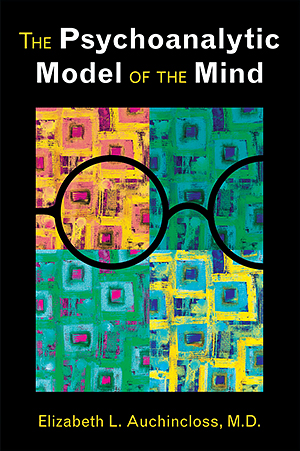Appendix B:Defenses
Sections
Excerpt
Many theorists have made efforts to classify and organize the defenses. For example, Otto Kernberg (1970) has offered the most commonly used system for classifying psychopathology according to level of functioning, including psychotic, borderline, and neurotic levels. In addition, George Vaillant (1977, 1992; Vaillant et al. 1986) attempted to correlate defensive style with level of mental health, using data gathered from his longitudinal study of a large group of men. In this appendix, we will draw upon both of their systems. (See also Auchincloss and Samberg 2012; Dickerman and Auchincloss, in press; and Gabbard et al. 2012.)
Access content
To read the fulltext, please use one of the options below to sign in or purchase access.- Personal login
- Institutional Login
- Sign in via OpenAthens
- Register for access
-
Please login/register if you wish to pair your device and check access availability.
Not a subscriber?
PsychiatryOnline subscription options offer access to the DSM-5 library, books, journals, CME, and patient resources. This all-in-one virtual library provides psychiatrists and mental health professionals with key resources for diagnosis, treatment, research, and professional development.
Need more help? PsychiatryOnline Customer Service may be reached by emailing [email protected] or by calling 800-368-5777 (in the U.S.) or 703-907-7322 (outside the U.S.).



